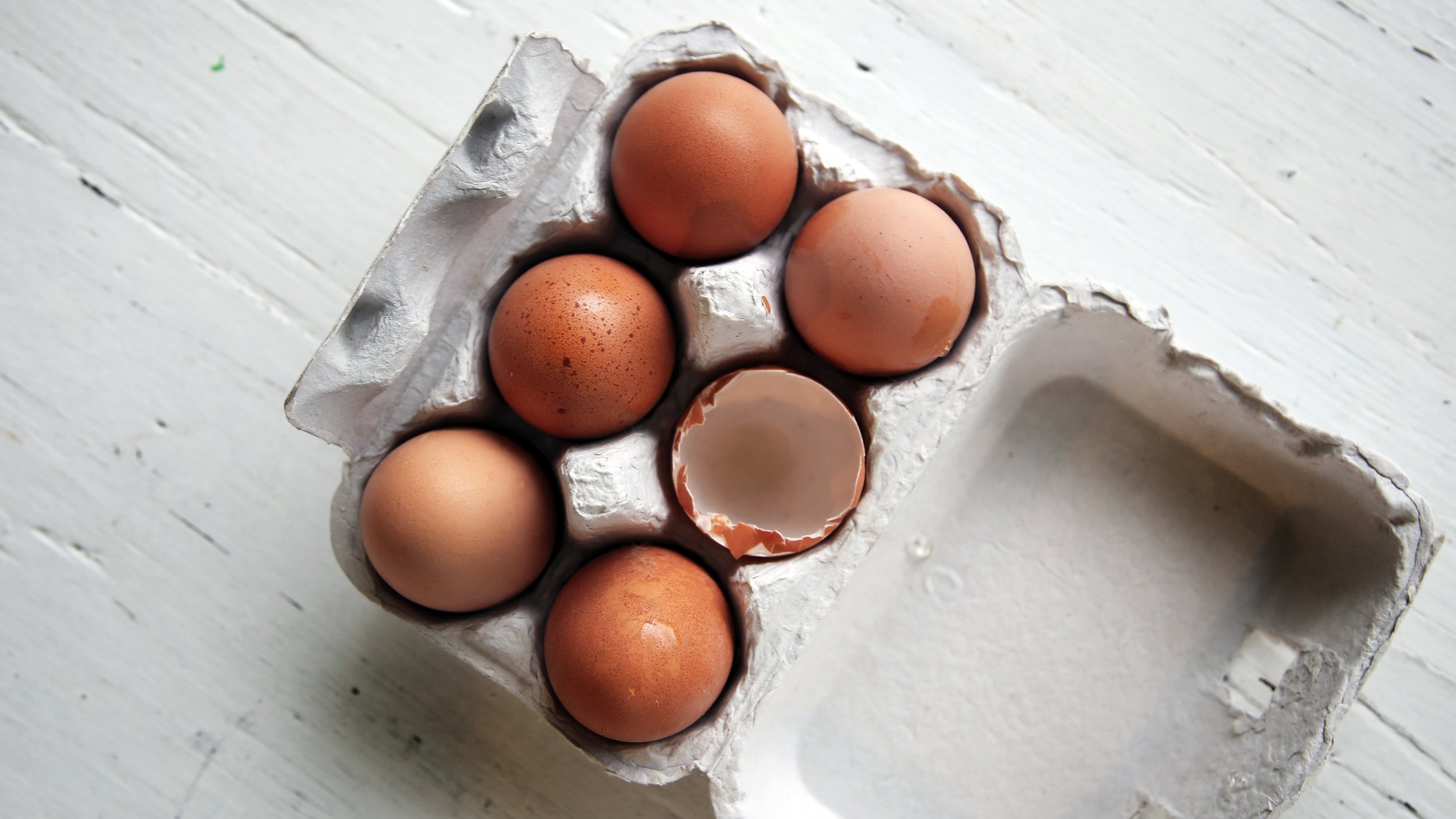The Importance of a Balanced Diet for Your Children
By: Katrina Lubiano
The human brain undergoes significant growth and development up until 21 years of age. In the early years of development, it is crucial to ensure that your child is taking in enough vitamins, minerals, and protein in their diet. Good nutrition is essential in helping our bodies perform optimally. Establishing healthy habits at a young age, and incorporating a wide variety of different foods in your child's diet will help make a happier and healthier child.
Getting in all of the essential nutrients your child needs is easier said than done, especially if your family is prone to a busy lifestyle. Planning your meals ahead of time, and ensuring parents, nannies, and children are on the same page, will simplify your lives.
Meal prepping snacks and meals will save you time in the week, and you'll be less likely to opt for fast-food meals. Subscribe to mini blog to receive our fortnightly newsletter, and we’ll send you our printable pdf Weekly Family Meal Planner.
Growing Children Need Protein
Proteins are amino acid chains, the building blocks of life. The human body is basically a chain reaction of amino acids. Not having enough protein in a child's diet can affect growth and development. Great protein sources includes:
- Meat products
- Egg
- Dairy
- Legumes like peanuts and soy
- Algae
- Avocado
Vitamin C Supports Immune Function
Vitamin C supports the immune system and is needed to form collagen. Collagen is a protein that is used to hold your cells together, making it essential for the development of your child’s strong and healthy bones, cartilage, and blood vessels. Vitamin C also aids in iron absorption in the gut. It’s common knowledge that citrus fruits are excellent sources of vitamin C. Non citrus sources of vitamin C includes:
- Strawberries
- Papaya
- Bell peppers
- Broccoli
- Brussel sprouts
Keeping easily accessible fruit around the house for after-school snacks may help your child reach for these healthier options when a sugar craving strikes. Mandarin oranges are easy to pack into backpacks and lunch boxes making them an ideal, kid-friendly, vitamin C snack.
The B Vitamins Drive Growth In Children
There are 13 B vitamins needed in your body. B vitamins help the body convert the food we eat into energy. This is essential for a child’s active lifestyle. Vitamin B12 and B6 are well known to aid in healthy brain development.
Vitamin B deficiencies are common, yet not easily diagnosed. It can affect a variety of organ systems and produce a range of symptoms including forgetfulness, moodiness, nausea, vomiting, and skin irritation.
Dr. Schwontkowski from The Recommended Daily says, “most nutritionists could tell you that the mass of worldwide studies that looks at children’s nutritional status often find some type of nutrient deficiency; B vitamin deficiencies are usually at the top of the list.”
B vitamins are crucial for the development of mental health and help regulates mental functions. B vitamins occur naturally in animal products such as:
- Fish
- Poultry
- Beef
- Eggs
- Dairy
- Algae
If your child is on a vegetarian diet, you can find vitamin B from these sources: fortified vitamin B cereals, nutritional yeast, whole grains, almonds, spirulina, and avocados.
Multivitamins Are A Great Option For The MIcronutrients
One Green Planet is a great online resource to help you find what foods contain high amounts of specific B vitamins. A good multivitamin will help supplement your child’s diet. This is especially helpful if your child is a picky eater. Kid’s multivitamins even come in gummy form, which can make practicing a healthier lifestyle fun for your children. Healthy does not always need to "taste healthy”.
Zinc Build Blood
Zinc is an essential co-factor in a lot of your body’s enzymatic processes, some of the most notable, being the immune system and blood-cell production. Pumpkin and flax seeds are great sources of zinc. For meat sources, beef and shrimp are excellent.
You can sprinkle seeds into cereal, oatmeal, salads, baked goods and even smoothies for added zinc to your child's diet.
It’s important to maintain healthy gut flora with probiotic sources such as fermented foods like:
- Yogurt
- Kefir
- Kombucha
- Fermented applesauce
- Natto (fermented soy beans)
Homemade Mommy has a great article on kid-friendly probiotic rich foods. While probiotic supplements seem like an easy fix, the truth is that most of the supplements available on the shelf are simply not as effectiveand can be quite expensive.
Making frozen yogurt with your kids is an easy activity and makes a delicious dessert! For a great summer treat, you can mix in their favourite fruits and maybe sprinkle in some chia seeds.
You can modify this recipe by dipping your bananas in yogurt, and freezing them.
Expose your Children To A Wide Range Of Foods
Exposing your children to a range of different foods as young as possible might prevent your child from becoming a picky eater. Think about it like this, Australians grow up on Vegemite. It’s a pretty strange-tasting spread if you're not used to it. Vegemite has a salty, yeasty taste, with a slightly off-putting colour. If you haven’t grown up on the stuff, your first experience of it might not be so pleasant. This same concept of training your palette at a young age applies when introducing children to healthier food options.
Make Your Own Babyfood!
Instead of purchasing pre-packaged, jarred baby food off the shelf, (who knows how long they’ve been on the shelf for) mash up the food you regularly incorporate into your healthy diet like eggs, avocados or fruit. You can mash it up yourself with a fork, or use a food processor. Not only are you more aware of what is in the food that your kid is eating, you are teaching them love healthy food!
Be Patient With Your Children
When it comes to introducing new foods to your kids, be patient. Children are usually apprehensive when it comes to new smells, sights, textures on their plates. They might not like it the first time, but if you reintroduce foods to them and let them try it again, and again, in different forms, it encourages a more adventurous palette. It’s also a good idea to serve new foods with their favourite meals and start small. They might be more prone to giving the new food a try if you make it a positive experience.
Stay tuned for upcoming recipes on the mini blog, and don’t forget to subscribe to our fortnightly mailing list for exclusive goodies.
















Make back-to-school transitions easier for kids with expert tips from nannies in Brisbane. Learn how to establish routines, prepare the night before, create productive homework zones, support social and emotional growth, and include sensory activities. Explore nanny jobs Brisbane and nanny babysitting jobs Brisbane for professional childcare support.